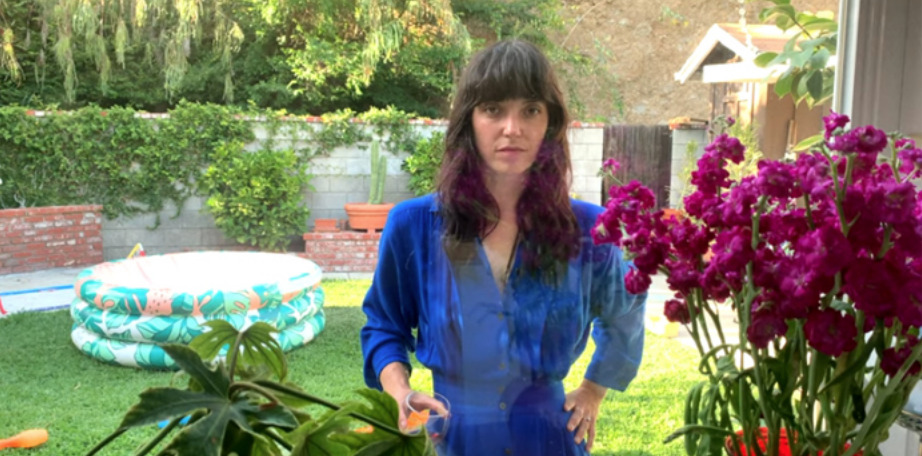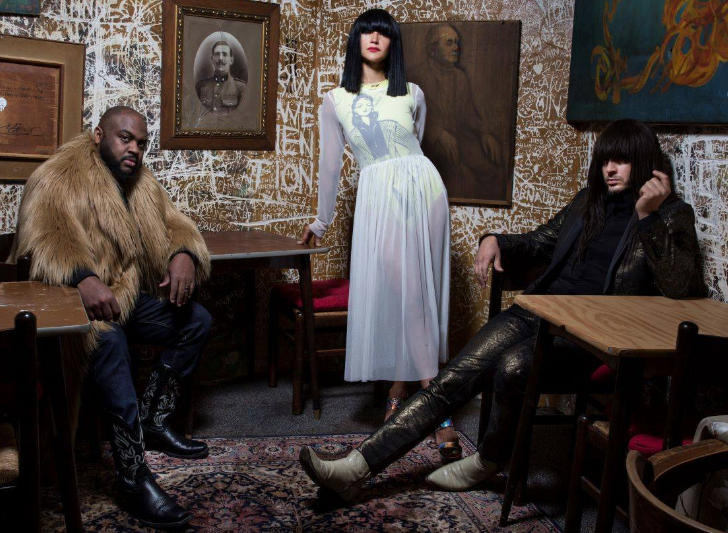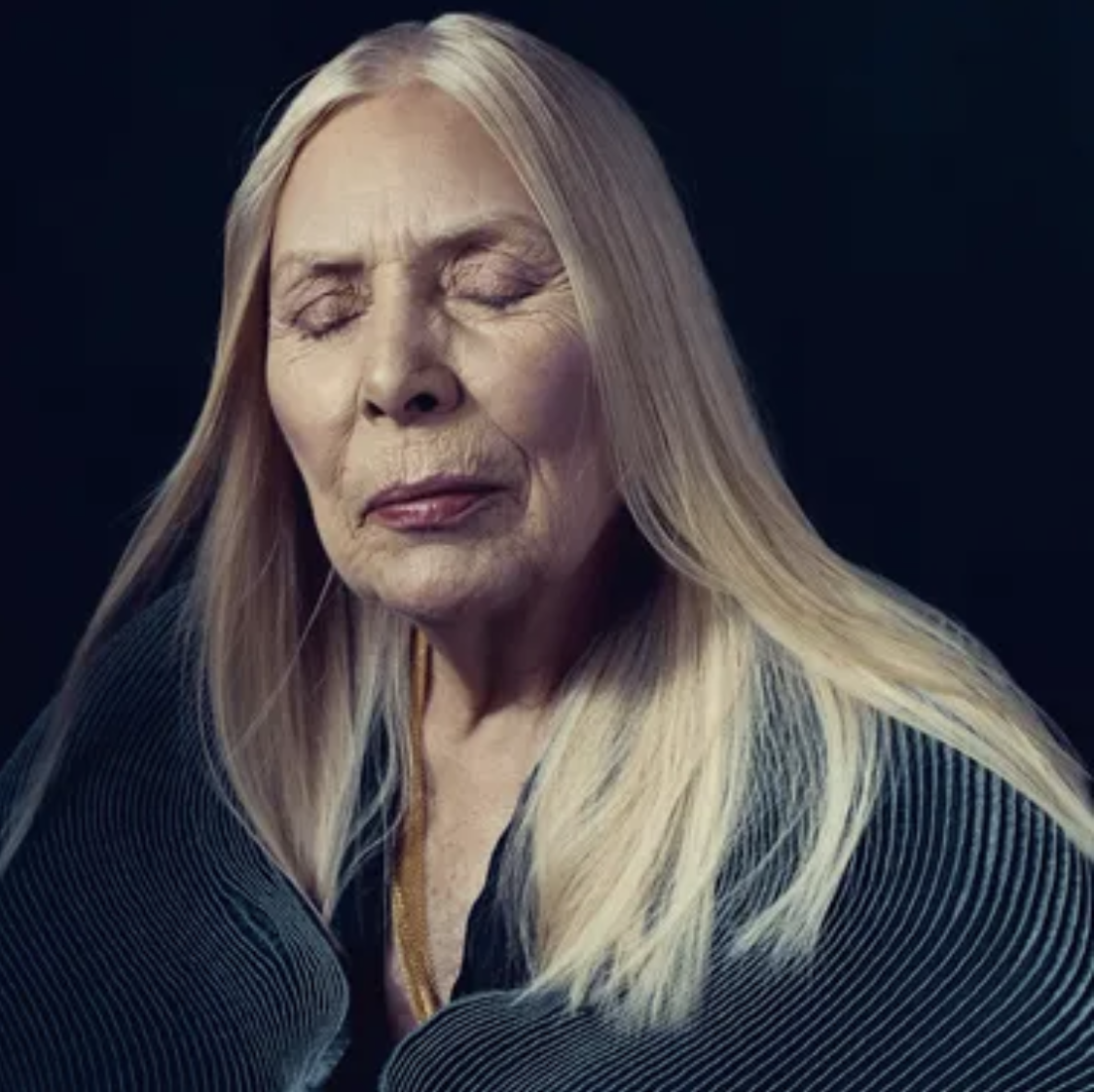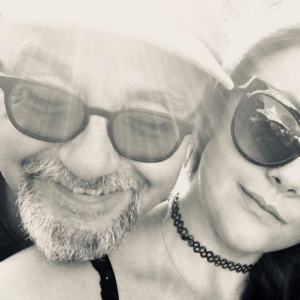Black History Month
CONCERT OF THE DAY
Sudan Archives CONTENTS
- INTRO: Sampling tradition
- CONCERT: 20-minute KEXP radio concert on YouTube, November, 2019
- CONCERT: 20-minute performance for Resident Advisor in LA, January, 2018
- CONCERT: Half hour set for Rough Trade East in London, November, 2017
- INTERVIEW: New York Times feature by Jon Parales, November, 2019
- ALBUM: Athena on YouTube and Spotify

SUDAN ARCHIVES: SAMPLING TRADITION
An artist who uses her study of Sudanese fiddle music to springboard into hip-hop and redefining modern R&B
Today’s Black History Month spotlights LA-based, Ohio-born musician Sudan Archives who brings her blend of West African fiddle and electronic music to Vancouver’s Fortune Club tonight.
Online music magazine Resident Advisor says: “Armed with a violin and a sampler, Sudan Archives makes music infused with neo-soul warmth and backpacker hip-hop, but with a distinctly modern R&B sensibility.”
At 17 she declared her name, Brittney Parks, no longer worked. Her mother offered the moniker Sudan. Moving to Los Angeles two years later to pursue education in music technology, she dove into the music of Sudan (the country), and discovered a rich tradition of fiddle music.
A Canadian fiddle connection
In an interview with Strings magazine she recounts first bonding to the violin in Grade 4:
“[My school] had this [Canadian] group called Barrage come and play a bunch of fiddle songs. They danced and clapped and played violin at the same time. It was really cool! [Laughs.] The music was really fast. I was like, “OK! This looks really fun; I want to try it.”
Pushing contemporary R&B boundaries
The New York Times article below by veteran music critic Jon Parales puts her work in context:
“With a dozen songs on two EPs that she released in 2017 and 2018, “Sudan Archives” and “Sink,” Parks, 25, has already earned a place among boundary-defying R&B innovators like FKA twigs, Frank Ocean, Solange, SZA, Kelela, Sampha and H.E.R. They have been turning R&B into an elastic, futuristic realm where fantasy and self-revelation, otherworldly electronics and real-world musicianship are constantly recombining. With “Athena” she pushes even further, sonically and emotionally, allowing her songs to be more revealing. “I washed away my fears and trusted my own ears,” she sings in “Confessions,” the album’s first single.”
Sudan Archives is touring behind her first full length collection, Athena.
Stay tuned,

20 February 2020
INTERVIEW
SUDAN ARCHIVES IS MAKING R&B DEEPER AND STRANGER
“Athena,” the debut album of boundary-defying, violin-driven music by Brittney Parks, is a “soundtrack of the making of a goddess.”


By Jon Pareles / New York Times
LOS ANGELES — “Are you afraid of snakes?” asked Brittney Parks, the songwriter and violinist who records as Sudan Archives. In an interview at her home, where her bedroom often doubles as her recording studio, she was introducing me to Goldie, her ball python, as he languorously wrapped his gold-patterned body around her tattooed forearm.
Goldie appears in the video for “Glorious” from Sudan Archives’ superb debut album, “Athena,” which was released Nov. 1. Her pet snake is also “kind of like the theme of the album,” she said. “It’s like me — people are sometimes intimidated by me, just because of how I look. The album is about duality and also about being misinterpreted. People are afraid and they almost scream when they see him, but look how cute and shiny he is! He don’t want to hurt nobody.”
With a dozen songs on two EPs that she released in 2017 and 2018, “Sudan Archives” and “Sink,” Parks, 25, has already earned a place among boundary-defying R&B innovators like FKA twigs, Frank Ocean, Solange, SZA, Kelela, Sampha and H.E.R. They have been turning R&B into an elastic, futuristic realm where fantasy and self-revelation, otherworldly electronics and real-world musicianship are constantly recombining. With “Athena” she pushes even further, sonically and emotionally, allowing her songs to be more revealing. “I washed away my fears and trusted my own ears,” she sings in “Confessions,” the album’s first single.
“Before, I felt like, I’m not going to really talk about my pain, I’ll kind of metaphor it,” Parks said. “But on this album, I feel like I confronted things. I’m going to sing about how you’re wrong, and not turn it into this happy thing.”
The EPs brought Parks an international audience for a playful, sometimes vertiginous style that she forged on her own, working largely alone. Singing about self-invention, connections and independence, she emerged as a solo phenomenon online and onstage. She constructed her music from loops of her beats, her airy voice and her violin, plucked and bowed in phrases that often evoke the modes of African music. (Parks is African-American, not African; she was born and raised in Cincinnati before moving to Los Angeles.)
For “Athena,” she kept the core of her music — the call-and-response of her voice and violin — but brought in producers and collaborators to enrich and vary her sound. On the cover of “Athena,” she is a bronze nude statue on a pedestal, a goddess holding her violin high.
“That’s her trying to create a distraction from how naked she is in the music,” said her co-producer, songwriting collaborator and boyfriend, James McCall IV, a.k.a. the rapper Nocando, known recently as All City Jimmy.
During an interview over chips and guacamole at her kitchen table, Parks was bright-eyed and in nearly constant motion, with her hands dancing through the air as she spoke. She kept her laptop nearby, clicking links to credit her references and influences.
It was a multitasking day. She was leaving that night for Rome and a quick European promotional trip that would include her first television taping, for the BBC series “Later … With Jools Holland.” Autumn Randolph and Pierre Davis, from the Los Angeles fashion house No Sesso, arrived with stage outfits for fittings, including a black jacket assembled from square and rectangular panels to be connected by eyelets at the corners: geometric, modular, utterly flexible. It wouldn’t get in the way of her flamboyant violin playing.
Sudan Archives’ music was forged from instinct, happenstance, discipline and research. Parks grew up in a family that attended a small Church of God three times a week, for ecstatic services with harmony singing and speaking in tongues. The church’s clapping and stomping — survivals of gospel’s African heritage — echo in the music she grew up to make.
She was in elementary school when Barrage, a fiddle-centered Canadian band mixing Celtic and international influences, came to perform there and she decided she wanted to learn the violin. After-school programs got her started, but she learned the rest by ear. She improvised along with the singers in church, and she taught herself to hear musical architecture and to invent melodic lines.
“This discipline that I had at a young age to keep playing an instrument — that’s what separates me from a lot of artists,” she said. “The violin chose a path for me.”
Parks recently started working with a violin teacher to expand her technique. She is also planning her first non-solo tour, joined by a pianist, that she intends to present as a surreal variation on a classical violin-and-piano recital. Her microphone stand will be shaped like a silvery snake.
“I think she’s going to be a hero,” McCall said. “The fact that she’s an instrumentalist and producer, and she happens to be sexy but she’s not selling sex — no matter what happens in her career, she’s normalizing musicianship and making musicianship cool for little black girls. And taking it past the race thing, little American girls.”
Parks started writing and recording songs in her teens with her twin sister, Cat. Their stepfather, who had worked in the music business, thought they could be “the next big thing,” she recalled. He had them work with producers in Cincinnati, hoping they would come up with a hit, under the name N2. But even as a teenager, Parks had her own ideas, and N2 didn’t last.
“She always wanted to do what felt good to her, even if it wasn’t popular,” Cat Parks said by phone from Los Angeles. “She was very bold in her opinions. When it came to her music, it was always, like, this is how I want it done.”

“I wanted all of my influences growing up as a little girl to be part of the album,” she said of her full-length debut, “Athena.” (Samuel Trotter for The New York Times)
At 17, she decided she didn’t like the name Brittney; Sudan was a suggestion from her mother. There was friction with her parents, in part over her staying out late to attend concerts on Cincinnati’s underground experimental-music circuit, which gave her ideas about effects, textures and looping. At 19, she moved to Los Angeles. There, curiosity led her to look into the music of Sudan, where she found a fiddle tradition — raw, kinetic, modal — that felt to her like the spirit she had heard in Irish jigs back in elementary school.
Propped up on a turntable in her living room was the LP cover of one of her pivotal discoveries, Francis Bebey’s “African Electronic Music 1975-1982.” Bebey, who died in 2001, was an ethnomusicologist from Cameroon who wrote extensively about African traditions and channeled them into his own music. His book “African Music: A People’s Art,” led her to African string music, and she dug deeper: down YouTube rabbit holes, into albums and books. Thinking about personal and ancestral memory, she began calling herself Sudan Archives as she performed around Los Angeles.
She was also “doing a lot of psychedelics,” she said. “I would just mess with gear all day. I swear to God, when I started to experiment with stuff like that, that’s when I became a little more creative.”
In 2015, her home-recorded songs drew the attention of Stones Throw, a label that’s fond of left-field funk, which released and promoted her two EPs; she made her first music video in Ghana.
As her songs gradually drew millions of plays online, Parks honed her one-woman shows for larger and larger audiences. She has spent the past two summers touring festivals in the United States and abroad.
Her musical ambitions were also expanding. “The EPs are just thoughts,” she said. “The album is a fleshed-out thought. I wanted it to sound like the EPs, but I also wanted it to sound like it got picked up and then taken to another world.”
Stones Throw encouraged her to try writing songs with producers including Rodaidh McDonald (who worked with the xx), Paul White (who has worked with Charli XCX) and Ernest Greene (who records as Washed Out). Working in her bedroom studio, she also built increasingly elaborate string arrangements, bringing a new orchestral richness to some songs and placing abstract instrumental transitions between album tracks.
“I wanted all of my influences growing up as a little girl to be part of the album,” she said. “So there’s jazz represented there, there’s R&B represented in there, classical references, Irish jigging references, pop references, trip-hop, even some industrial weird experimental references.”
She also opened up her lyrics. On her EPs, songs like “Nont for Sale” put a cheerful, empowered face on conflicted relationships. But on “Athena,” Parks also explores darker, angrier, more confused moments: succumbing to desire, pulling away from codependency, recognizing inner angels and demons.
Working with collaborators led her to be “wilder” in both music and lyrics, she said. “I had people around me, they knew what the song was about, so they were holding me accountable for my own feelings. I felt like I couldn’t hide.”
She reached a turning point with “Confessions,” which convinced her she didn’t have to work alone. It poured out in a single session with the producer Will Archer (a.k.a. Wilma Archer). “We did that insanely fast. It came together, the whole thing, in an hour and a half,” Archer said. Sudan Archives sings about her move to Los Angeles, breaking free — while reckoning with what she’s left behind: “There is a place that I call home/But it’s not where I am welcome.”
Over a drum loop Archer provided, “She just responded with violin, and lyrically and melodically, instantly,” he said. “She didn’t even sing a guide vocal. She had the lyrics immediately — she didn’t hum a melody, she just went right in.”
Parks constructed “Athena” as an album to be heard end-to-end. It starts as biography, reaching back to remake “Did You Know” — the first song she recorded as a teenager — followed by “Confessions.” Then it shifts to become a “mental journey,” she said. “It’s about duality and this battle within your inner thoughts, and you’re trying to figure out what’s right and what’s wrong, and it leads to this sense of oneness where nothing’s really right and nothing’s really wrong. Your life is just crazy, girl! And it has this magical twist on it, and it’s supposed to be this soundtrack of the making of a goddess.”
Is that makeover now complete? Parks briefly considered the idea: “I don’t think she’ll ever be finished.”





